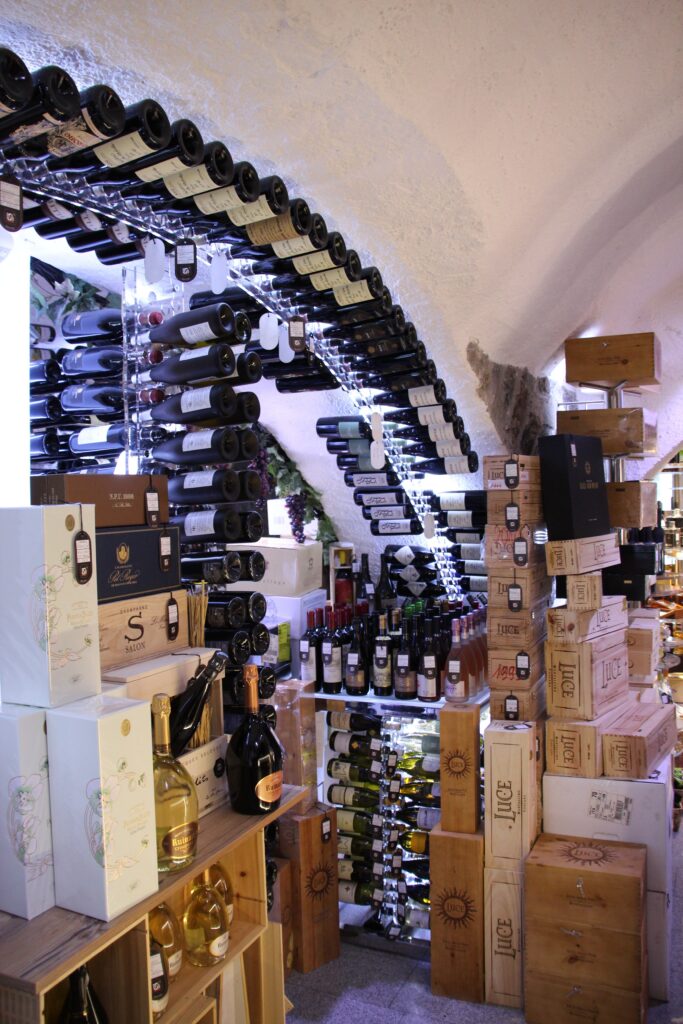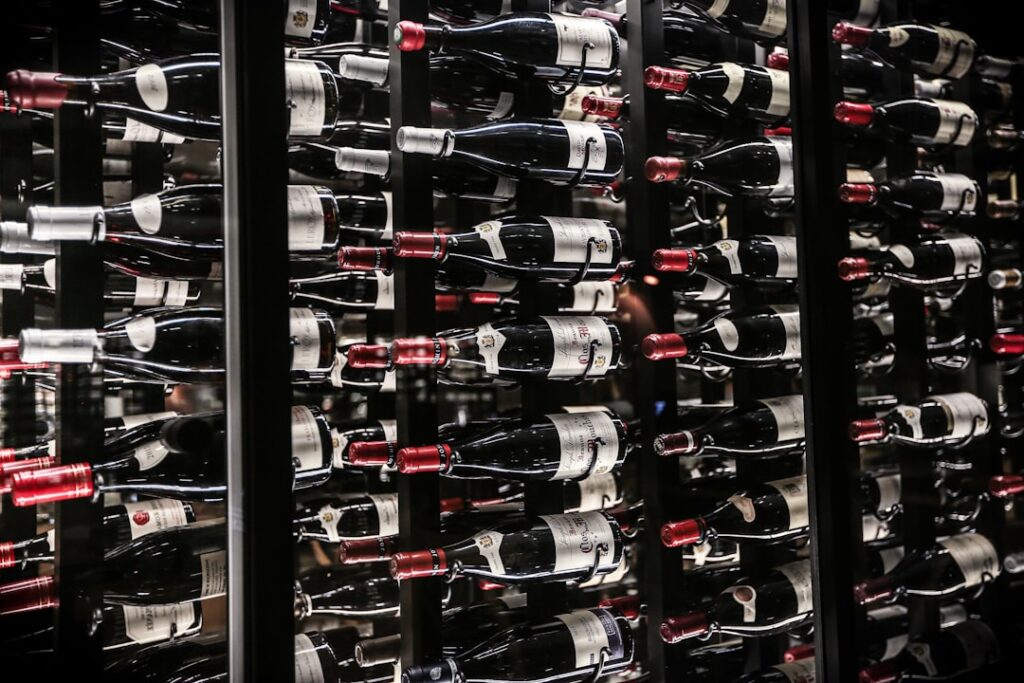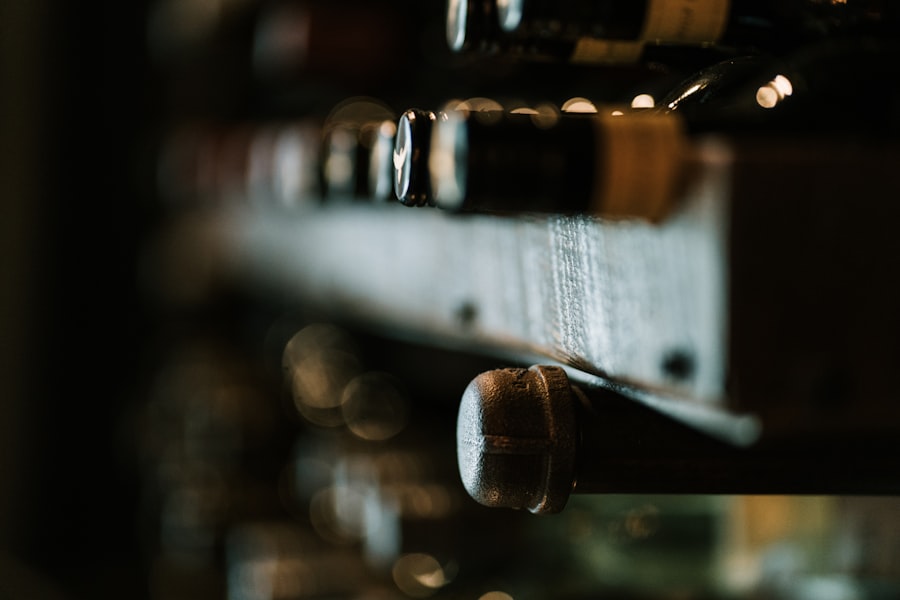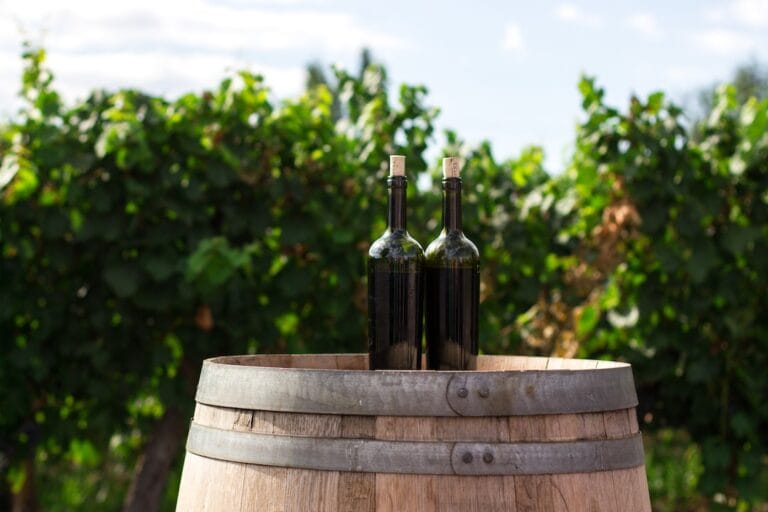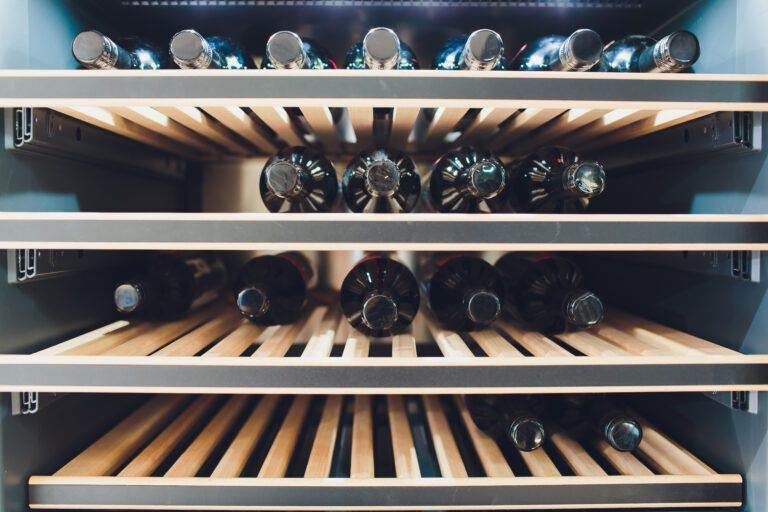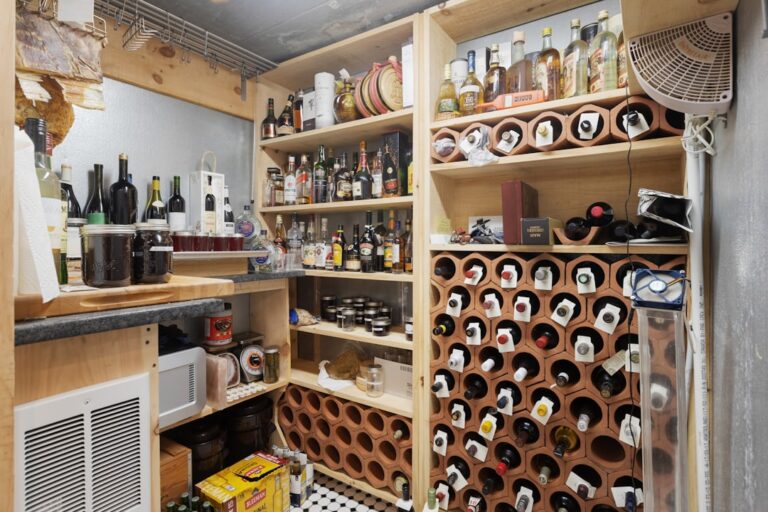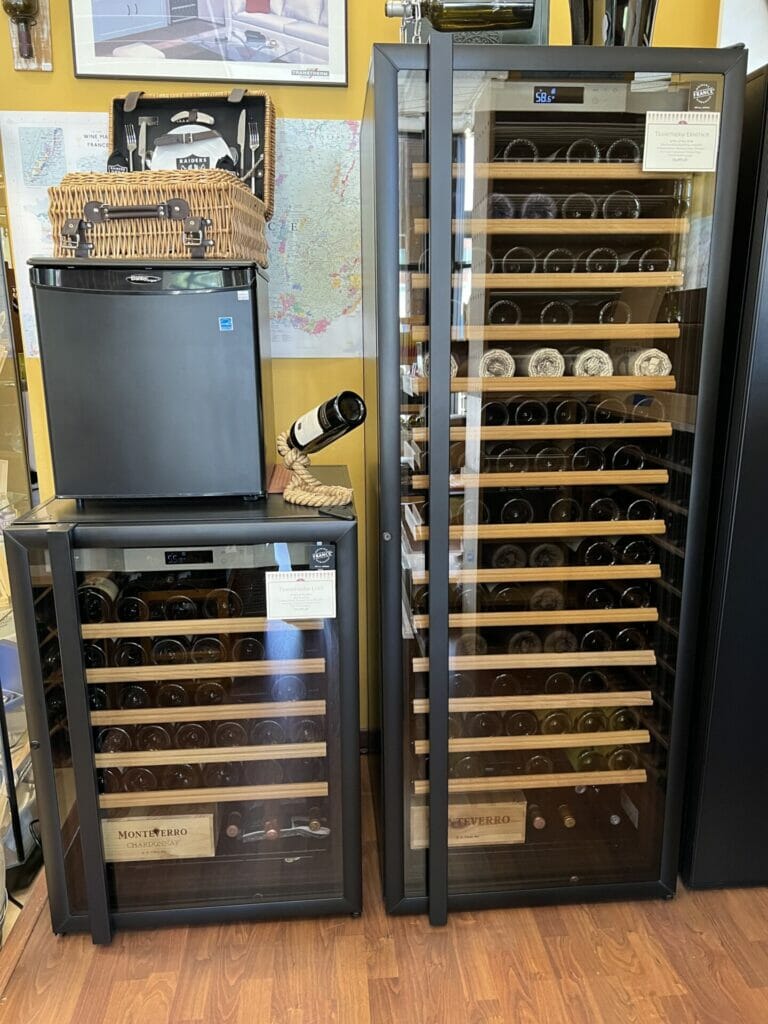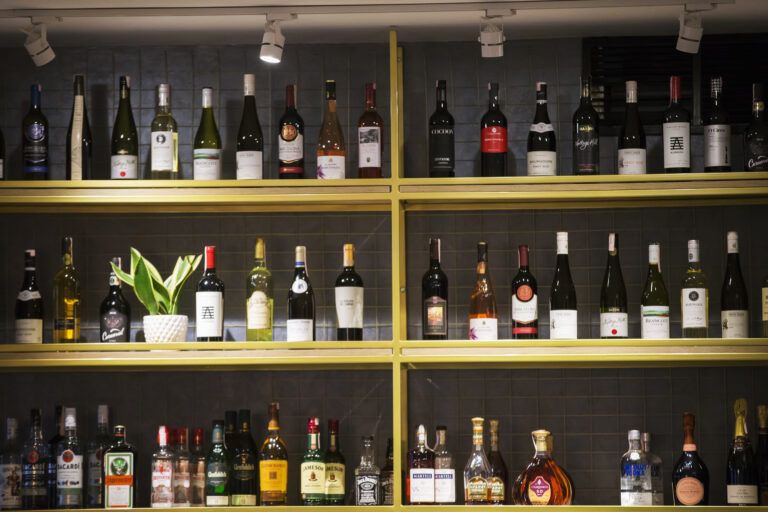Wine cellar permits needed in Contra Costa County
The process of obtaining a permit for a wine cellar can be intricate and multifaceted, often requiring a thorough understanding of local regulations and guidelines. A wine cellar, whether it is a small personal space or a larger commercial establishment, typically falls under specific zoning laws and building codes that govern its construction and operation. Understanding these regulations is crucial for anyone looking to create a wine cellar, as they can vary significantly from one jurisdiction to another.
The permit process serves as a means for local authorities to ensure that the construction adheres to safety standards, environmental considerations, and community aesthetics. Navigating the permit process begins with research. Prospective wine cellar owners must familiarize themselves with their local government’s requirements, which may include zoning laws, building codes, and health regulations.
This initial step is essential to avoid potential pitfalls later in the process. Engaging with local planning departments or municipal offices can provide valuable insights into what is required for compliance. Additionally, understanding the timeline for the permit process is important, as it can vary widely depending on the complexity of the project and the efficiency of local government offices.
Key Takeaways
- Understanding the permit process is crucial for obtaining a wine cellar permit.
- Meeting the requirements for obtaining a wine cellar permit is essential for a successful application.
- Zoning and building code considerations play a significant role in the permit process for a wine cellar.
- Knowing the application process and fees involved is important for obtaining a wine cellar permit.
- Inspections and compliance are necessary steps in the wine cellar permit process.
Requirements for Obtaining a Wine Cellar Permit
When seeking a permit for a wine cellar, applicants must meet several requirements that ensure the project aligns with local regulations. One of the primary requirements is the submission of detailed plans that outline the design and specifications of the wine cellar. These plans typically need to include information about the size, materials, and construction methods to be used.
Additionally, applicants may be required to provide information about the intended use of the space, such as whether it will be used for personal storage or commercial purposes. Another critical requirement often involves demonstrating compliance with safety standards. This may include ensuring proper ventilation, temperature control, and humidity levels within the wine cellar.
Local authorities may require evidence that the design will protect the wine from spoilage due to environmental factors. Furthermore, applicants may need to provide proof of ownership or permission from property owners if they are renting or leasing the space where the wine cellar will be constructed. Meeting these requirements is essential for a smooth application process and to avoid delays.
Zoning and Building Code Considerations
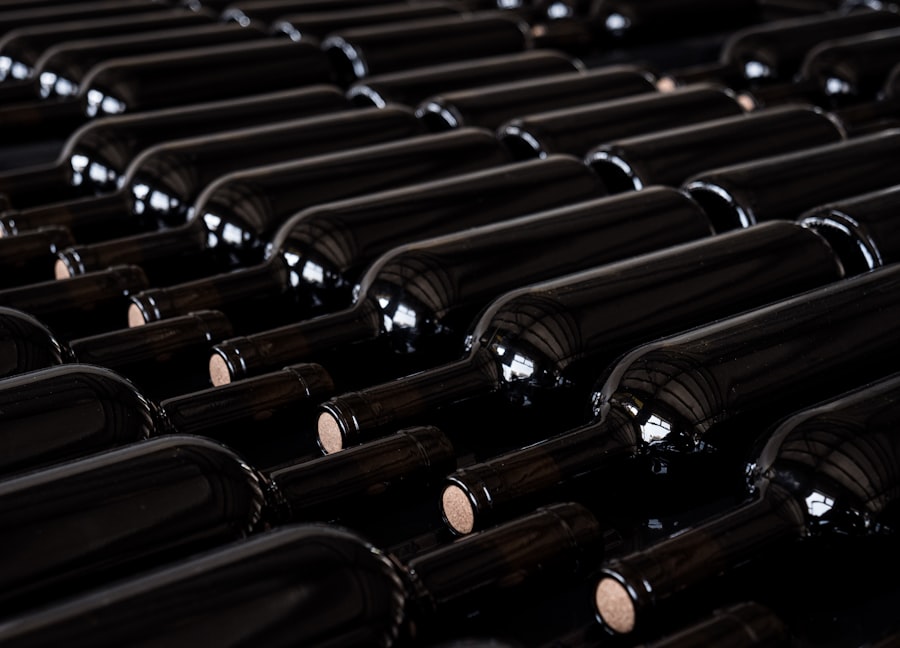
Zoning laws play a pivotal role in determining where a wine cellar can be constructed. These laws dictate how land can be used in specific areas, which can affect whether a wine cellar is permissible in a given location. For instance, residential zones may have different restrictions compared to commercial zones.
Understanding these zoning classifications is vital for applicants to ensure that their proposed wine cellar complies with local land use regulations. In some cases, applicants may need to seek a variance if their plans do not align with existing zoning laws. Building codes are another critical aspect of the permit process.
These codes establish minimum safety standards for construction and occupancy, ensuring that structures are safe for use. For wine cellars, this may involve regulations related to electrical systems, insulation, and structural integrity. Applicants must ensure that their designs meet these codes to avoid complications during inspections.
Additionally, some jurisdictions may have specific requirements regarding fire safety measures, especially if the wine cellar will store large quantities of alcohol.
Application Process and Fees
The application process for obtaining a wine cellar permit typically involves several steps that require careful attention to detail. Initially, applicants must gather all necessary documentation, including architectural plans, site surveys, and any other relevant information that demonstrates compliance with local regulations. Once this documentation is prepared, it must be submitted to the appropriate local authority along with an application form.
Fees associated with the application process can vary widely depending on the jurisdiction and the scope of the project. These fees may cover administrative costs related to processing the application and conducting inspections. It is essential for applicants to budget for these costs early in the planning process to avoid unexpected financial burdens later on.
Additionally, some jurisdictions may require separate fees for zoning variances or other special permits if applicable.
Inspections and Compliance
Once an application for a wine cellar permit has been submitted and approved, the next phase involves inspections to ensure compliance with all relevant codes and regulations. Inspections are typically conducted at various stages of construction to verify that work is being completed according to approved plans and specifications. This may include checks on structural integrity, electrical systems, plumbing, and safety features.
Compliance with inspection requirements is crucial for obtaining final approval for the wine cellar. If any issues are identified during inspections, applicants will need to address them promptly to avoid delays in the project timeline. In some cases, re-inspections may be necessary if significant changes are made or if initial concerns are not adequately resolved.
Maintaining open communication with inspectors can help facilitate this process and ensure that all requirements are met.
Potential Challenges and Obstacles

While obtaining a permit for a wine cellar can be straightforward for some applicants, various challenges and obstacles may arise during the process. One common challenge is navigating complex zoning laws that may restrict where a wine cellar can be built or how it can be used. Applicants may find themselves needing to engage in lengthy discussions with local authorities or even appeal decisions if their initial applications are denied.
Another potential obstacle involves meeting building code requirements, which can sometimes be stringent or subject to interpretation by inspectors. Applicants may encounter unexpected issues related to structural integrity or safety features that require additional modifications or redesigns of their plans. These challenges can lead to increased costs and extended timelines, making it essential for applicants to remain flexible and proactive in addressing any concerns that arise during the permitting process.
Tips for Successfully Obtaining a Wine Cellar Permit
To enhance the likelihood of successfully obtaining a wine cellar permit, applicants should consider several best practices throughout the process. First and foremost, thorough research is essential. Understanding local regulations and requirements can help applicants prepare comprehensive documentation that meets all necessary criteria from the outset.
Engaging with local planning departments early in the process can provide valuable insights into potential challenges and streamline communication. Additionally, maintaining clear communication with inspectors and local authorities throughout the construction process is vital. Being responsive to feedback and addressing any concerns promptly can help prevent delays and ensure compliance with all regulations.
It may also be beneficial to consult with professionals who have experience in navigating the permit process for wine cellars, such as architects or contractors familiar with local codes.
Resources and Support for Wine Cellar Permit Applicants
For those embarking on the journey of obtaining a wine cellar permit, numerous resources and support systems are available to assist throughout the process. Local government websites often provide valuable information regarding zoning laws, building codes, and application procedures specific to each jurisdiction. These resources can serve as a starting point for understanding what is required.
Additionally, professional organizations related to construction and architecture may offer guidance on best practices for obtaining permits. Networking with other wine cellar owners or industry professionals can also provide insights into common challenges faced during the permitting process and strategies for overcoming them. By leveraging these resources and support systems, applicants can navigate the complexities of obtaining a wine cellar permit more effectively and efficiently.
FAQs
What is a wine cellar permit?
A wine cellar permit is a legal document issued by the local government that allows individuals to construct, renovate, or operate a wine cellar within their property.
Do I need a wine cellar permit in Contra Costa County?
Yes, individuals in Contra Costa County are required to obtain a wine cellar permit before constructing or renovating a wine cellar within their property.
What are the requirements for obtaining a wine cellar permit in Contra Costa County?
The specific requirements for obtaining a wine cellar permit in Contra Costa County may vary, but generally, individuals will need to submit detailed plans and specifications for the wine cellar, pay applicable fees, and comply with building codes and regulations.
How do I apply for a wine cellar permit in Contra Costa County?
To apply for a wine cellar permit in Contra Costa County, individuals will need to contact the local building department or planning division to obtain the necessary application forms and instructions. The application process typically involves submitting detailed plans and specifications for the wine cellar, along with paying any required fees.
What happens if I construct or operate a wine cellar without a permit in Contra Costa County?
Constructing or operating a wine cellar without a permit in Contra Costa County is illegal and may result in fines, penalties, and the requirement to cease operation until the necessary permits are obtained. It is important to comply with local regulations and obtain the required permits before proceeding with any wine cellar construction or renovation.



